Data Protection Solutions For Life Sciences - Newsletter #29

In this Newsletter
Summary
This month’s newsletter highlights major regulatory and technology updates, from the EMA’s draft guidelines on AI in pharmaceutical manufacturing and Brazil’s new SCC compliance deadline to Israel’s sweeping privacy law reform. It also showcases advances in AI for healthcare—from Epic’s AI-powered EHR tools and Mayo Clinic’s dementia diagnostic system to space medicine innovations—alongside critical discussions on rare disease research setbacks, cybersecurity breaches, and emerging wellness tech like over-the-counter glucose sensors.
Regulations & Guidelines
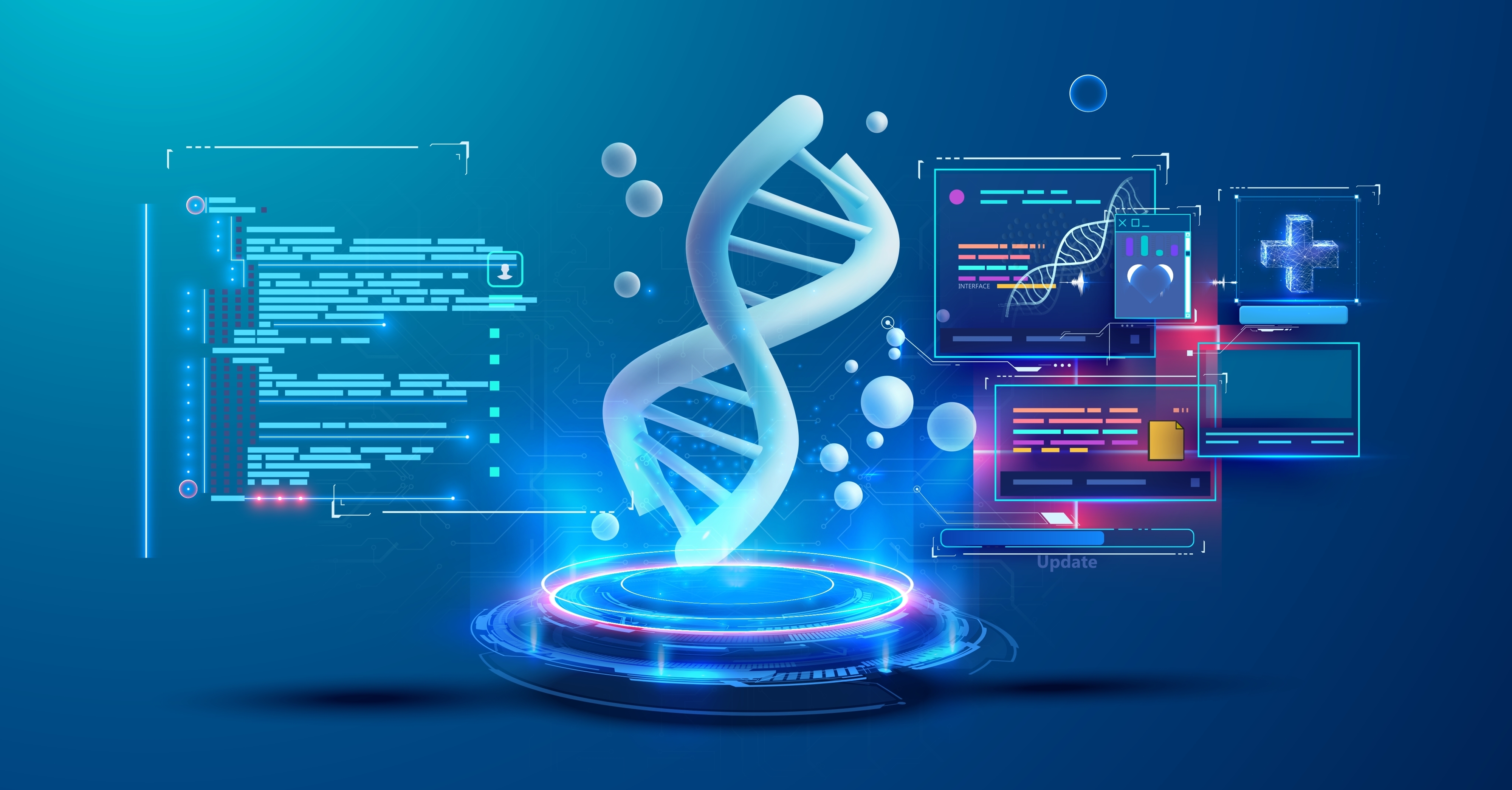
EMA Issues Draft Guidelines on AI and Digital Systems in GMP
The EMA has published draft guidelines on AI and electronic systems in pharmaceutical manufacturing, including a new Annex 22 on AI and updates to Annex 11 and Chapter 4. The proposals restrict AI use to static, non-critical GMP applications while emphasizing documentation, risk management, data integrity, and human oversight.

Brazil Sets August 2025 Deadline for SCC Compliance in Data Transfers
Brazil has mandated the use of Standard Contractual Clauses (SCCs) for all international personal data transfers, with a compliance deadline of August 23, 2025. Companies must adopt bilingual SCCs for all transfers—including intra-group and employee data—or risk audits and penalties for non-compliance.

Israel Passes Landmark Privacy Reform with Amendment 13
Israel’s Amendment 13 introduces sweeping changes to its privacy framework, expanding obligations for organizations and strengthening the powers of the Protection of Privacy Authority. The reform mandates privacy officers, tightens consent and disclosure rules, and imposes strict requirements on data brokers, AI systems, and cross-border transfers.
AI and Techbio
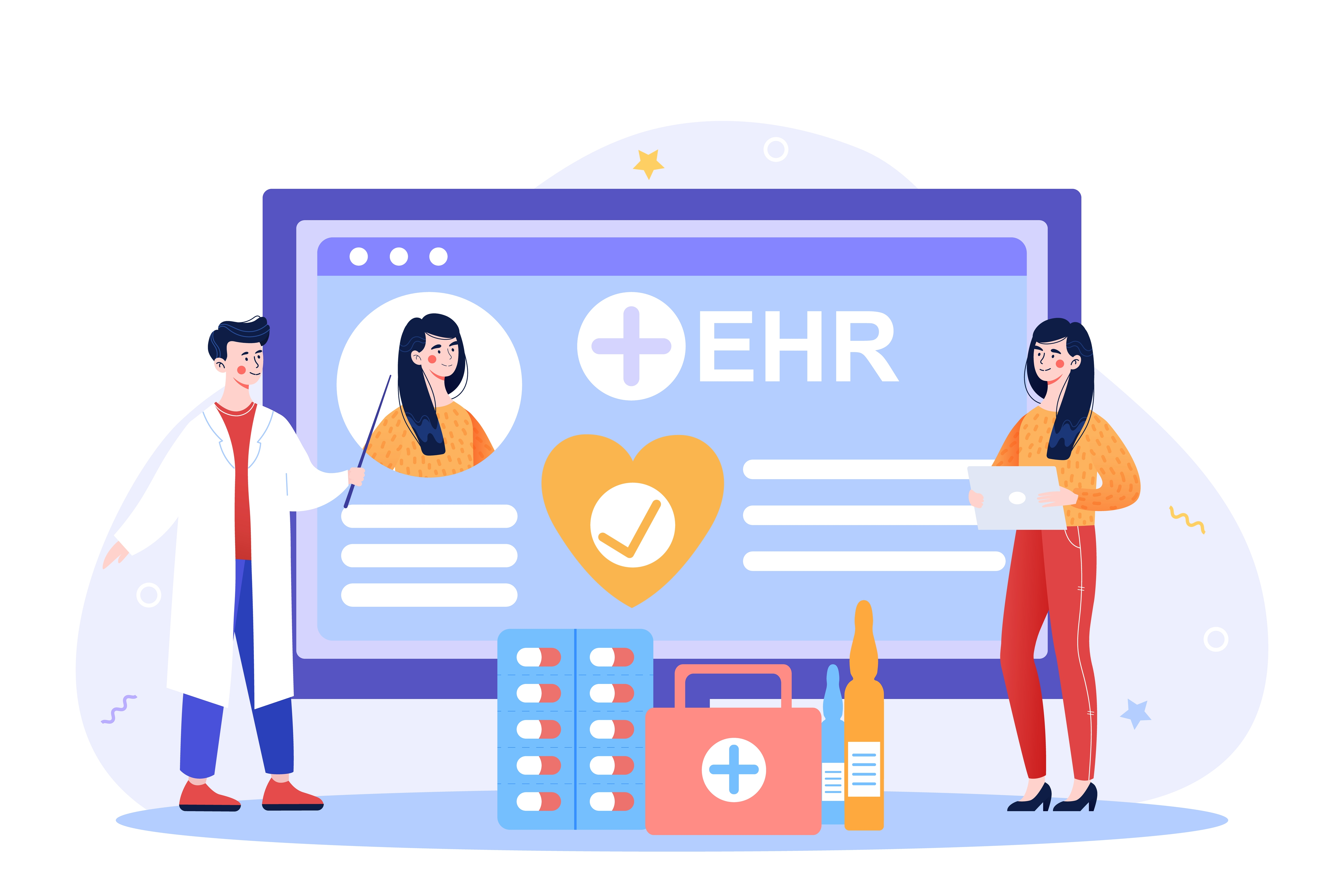
Epic Unveils AI-Powered Overhaul of Electronic Health Records
Epic Systems is rolling out AI-driven tools to transform electronic health records, introducing three agents—Art, Emmie, and Penny—to support clinicians, patients, and staff. Leveraging Microsoft’s AI and its Cosmos database, Epic aims to streamline documentation, enhance workflows, and deliver predictive insights for patient care by November 2026.

Google and NASA Develop AI Medical Assistant for Space Missions
Google and NASA are building the Crew Medical Officer Digital Assistant (CMO-DA), an AI-powered system to help astronauts diagnose and treat health issues autonomously during deep space missions. Using natural language processing and spaceflight medical data, the tool has shown strong early results and could also benefit remote healthcare on Earth.

Mayo Clinic Launches AI Tool to Transform Dementia Diagnosis
Mayo Clinic has introduced StateViewer, an AI-powered tool that uses FDG-PET scans to distinguish between nine types of dementia, streamlining and improving diagnostic accuracy. Built on thousands of brain scans from Mayo’s research and clinical databases, the tool marks a major advance in neurological diagnostics, though it is currently limited to internal use.
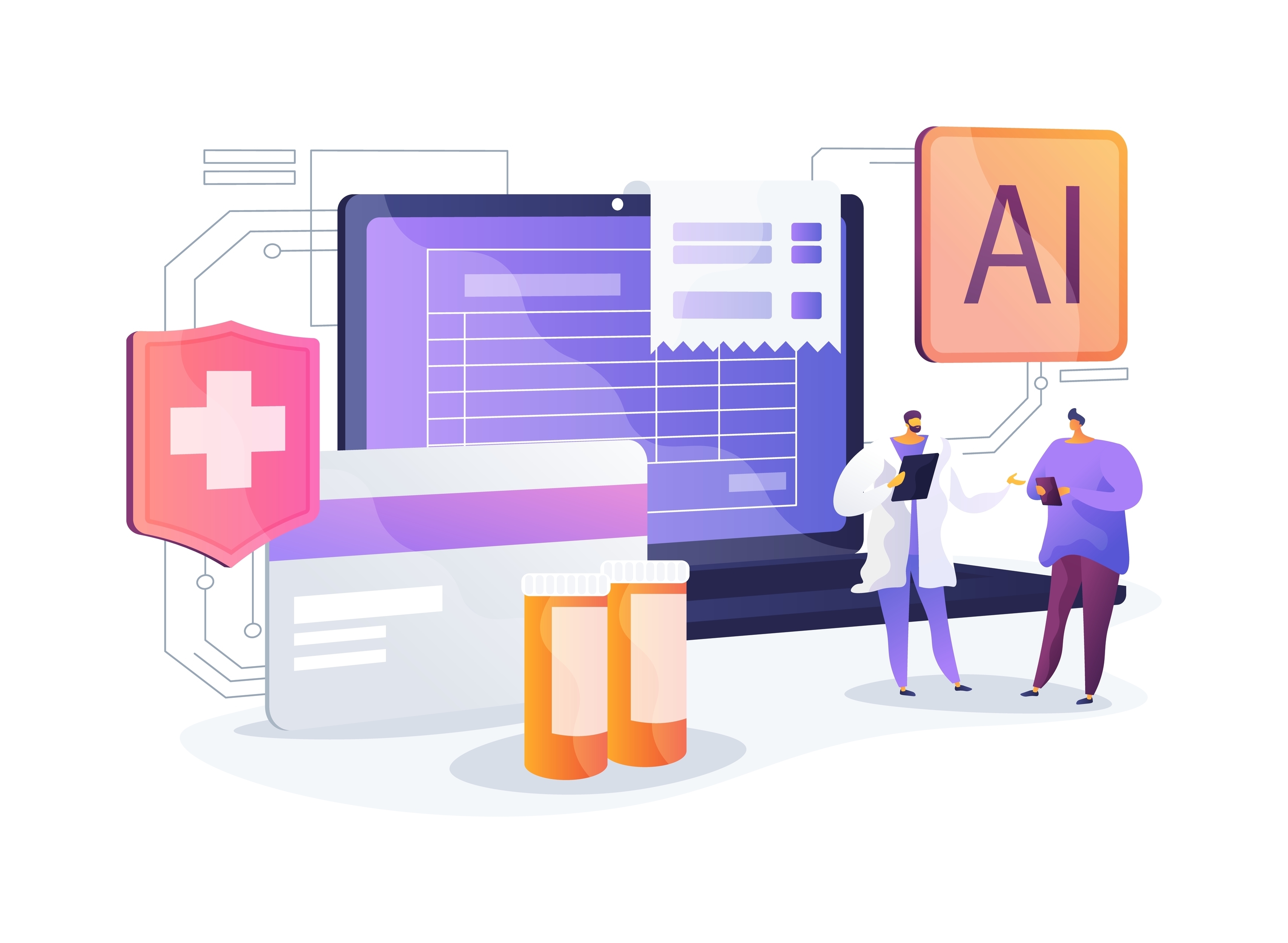
Overcoming Barriers to AI Deployment in Healthcare
A recent study explores why AI adoption in healthcare remains slow despite its potential to ease workforce shortages, reduce costs, and improve patient care. Through literature review and consultations, it identifies technological, regulatory, organizational, and cultural barriers, highlights global hospital success stories, and proposes an EU framework to ensure ethical, effective, and sustainable AI integration.
BioTech, Healthtech and Healthcare
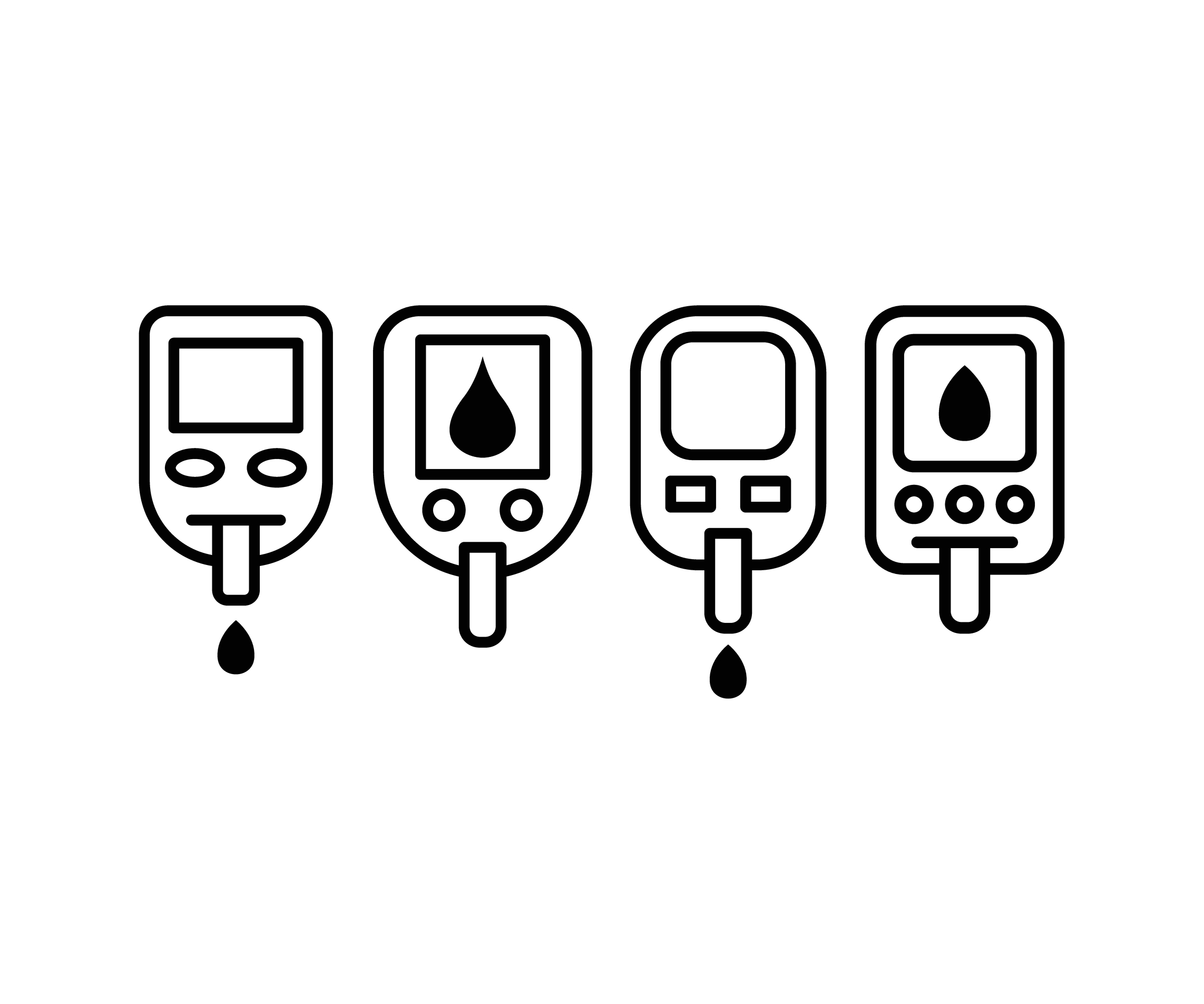
Blood Glucose Sensors Evolve from Medical Devices to Wellness Tools
Continuous glucose monitors (CGMs) are moving beyond diabetes care into the wellness market, offering over-the-counter options for tracking metabolic health and lifestyle management. While companies like Dexcom and Signos drive this shift, regulators are scrutinizing marketing claims, and evidence on long-term effectiveness remains limited.
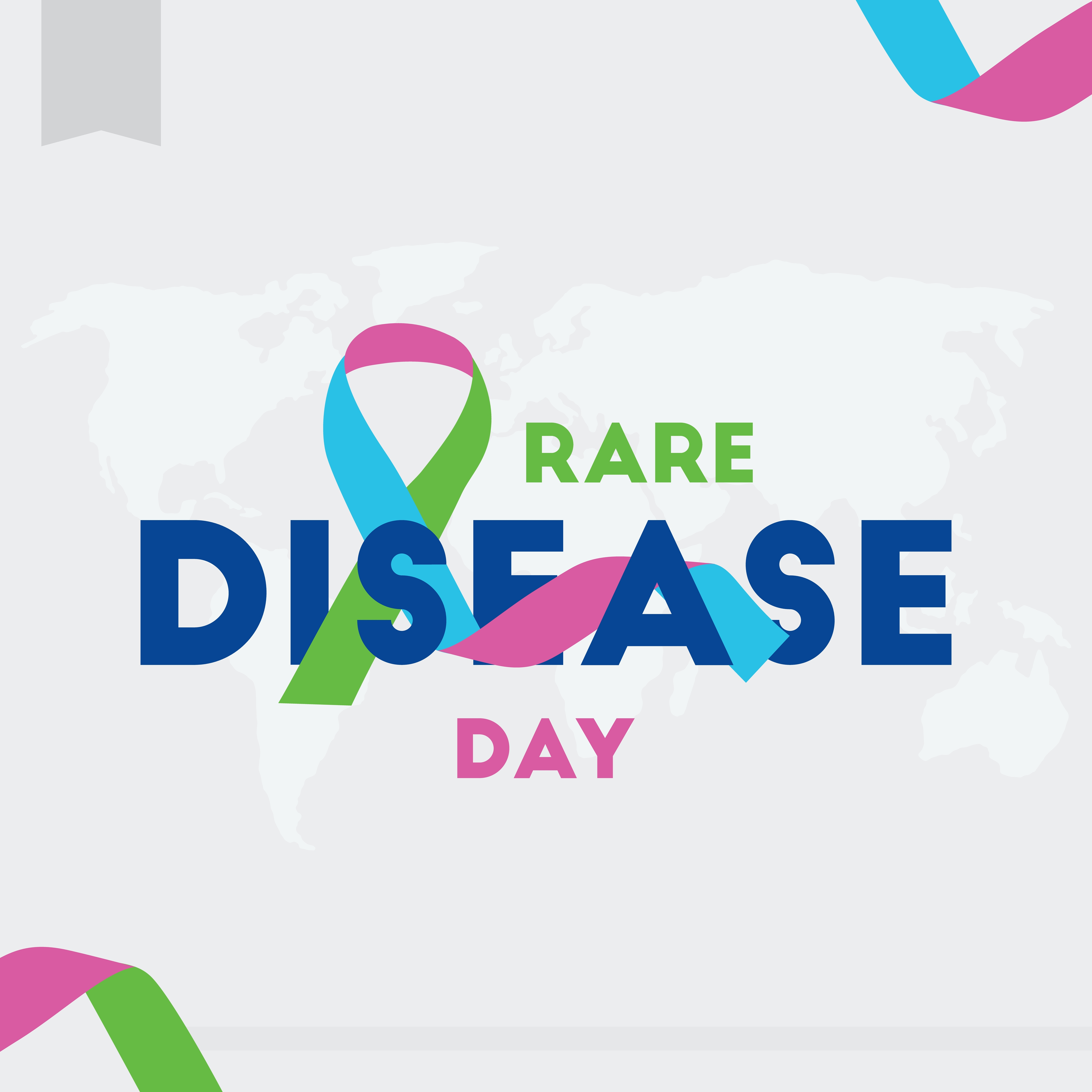
NIH’s Stricter Rules Disrupt Rare Disease Research and Trials
New NIH restrictions on foreign collaborations and paperwork have forced withdrawals and freezes of rare-disease grants, stalling consortia like CEGIR and FCDGC. With delayed funding reviews and timelines pushed to 2026, researchers warn the policies threaten critical natural history studies and treatment development that rely on global participation.

Superagers Offer Clues to Protecting the Brain from Alzheimer’s
A new study of “superagers”—people over 80 with exceptional memory—reveals unique brain traits that may guard against Alzheimer’s disease. Findings suggest larger entorhinal neurons and resilience to amyloid and tau tangles could unlock new strategies for preserving cognition in aging.
Data Breach and Cybersecurity

Hackers Steal Thousands of NHS Login Credentials in Major Cyber Threat
InResearchers have uncovered that hackers stole login credentials from thousands of individuals working with the UK’s NHS through infostealer malware. With about 2,000 compromised computers, the breach raises serious concerns over potential cyberattacks on hospitals and clinics across the country.

BST & Co. Settles HIPAA Security Rule Violation for $175,000
BST & Co. CPAs agreed to a $175,000 settlement with HHS after a phishing attack led to a ransomware breach exposing the health data of 170,000 people. The case highlights failures in risk assessment and mandates corrective measures, including updated security practices and staff training.
Podcasts


iliomad's News

Latest Article : Understanding Secondary Use in Clinical Trials
Our latest article explores a complex yet fundamental issue for clinical sponsors: the compliant secondary use of data collected in the context of clinical trials. From the core principles of European regulation to the latest developments in the UK, we break down what sponsors need to know to navigate this challenging landscape.

Sign up for our newsletter
We like to keep our readers up to date on complex regulatory issues, the latest industry trends and updated guidelines to help you to solve a problem or make an informed decision.

Data Protection Solutions For Life Sciences - Newsletter #31
November spotlight: global AI, privacy, and healthtech reforms driving stricter regulatory compliance worldwide.

Data Protection Solutions For Life Sciences - Newsletter #30
From EU courts to AI in healthcare, key insights shaping data protection.

Data Protection Solutions For Life Sciences - Newsletter #29
Our September newsletter is here — covering global regulations, AI breakthroughs in healthcare, cybersecurity threats, and the rise of wellness tech.



